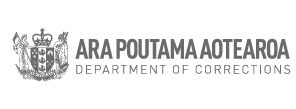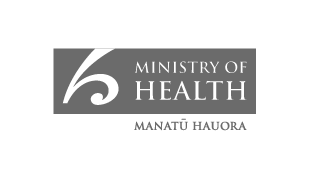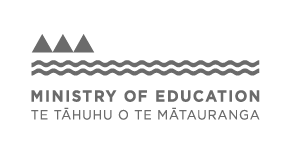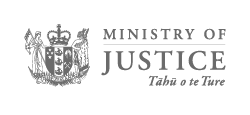Tokotoru describes three dimensions that must be addressed to enhance individual and whānau wellbeing:
This shift indicates the government’s ongoing commitment to changing the social conditions, structures and norms that perpetuate harm.
Actions 1-4 of the Action Plan will enable us to adopt a strength-based wellbeing approach. These actions are led by different Joint Venture agencies.
A Government investment plan will coordinate a range of responses and activities to reduce harm sooner and strengthen safe healing pathways. This includes primary prevention, healing, responses, the workforces, relationships with tangata whenua, communities and the sectors and the learning system.
Activity
Integrated, community-led responses that are supported by the investment plan (see Action 1) are key to delivering Te Aorerekura. They will enable agencies and communities to build capability to deliver effective services and responses.
Activities from December 2021
5 existing community responses have been identified as opportunities to work with and learn from.
Te Puni Kōkiri will support wāhine Māori to share and develop cultural practices that support whānau and whakapapa to heal and overcome trauma from violence. Wāhine Māori impacted by violence should also be able to access integrated and inclusive responses to enable their safety.
This can include learnings from the Mana Wāhine Inquiry(external link).
Activities from December 2021
A tuakana-teina based initiative focusing on developing and nurturing emerging wāhine Māori leaders in the family violence and sexual violence professional and vocational fields in Aotearoa. This will help women, wāhine Māori, whanau and communities to access safe services and create change. It will also help to develop skilled and culturally competent workforces.
Activities
For more information, you can reach out to the Joint Venture and other support services through the Contact us page.
Last modified:








